44 zero coupon bonds risk
The One-Minute Guide to Zero Coupon Bonds | FINRA.org Like virtually all bonds, zero-coupon bonds are subject to interest-rate risk if you sell before maturity. If interest rates rise, the value of your zero-coupon bond on the secondary market will likely fall. Long-term zeros can be particularly sensitive to changes in interest rates, exposing them to what is known as duration risk. Zero-Coupon Bonds: Pros and Cons - Management Study Guide Higher Yields: Firstly, zero-coupon bonds are perceived as higher-risk bonds. This is because investors pay money upfront and then do not have much control over it. Also, since the money is locked in over longer periods of time, the perceived risk is more.
Risk-Neutral Pricing Formula for Zero-coupon bonds with Default Risk I am looking for the equations or papers showing the risk-neutral pricing for zero-coupon bonds including default risk. I already tried Googling and searching SSRN and Jstor. bond zero-coupon risk-neutral. Share. Improve this question. Follow asked Apr 4, 2020 at 17:02. Jake Freeman Jake Freeman. 158 4 4 ...
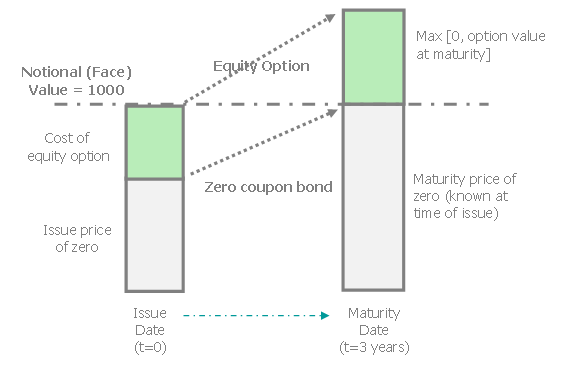
Zero coupon bonds risk
ZROZ ETF Report: Ratings, Analysis, Quotes, Holdings | ETF.com Since STRIPs are zero coupon bonds, they are particularly sensitive to interest-rate risk. As a result, the fund's effective duration is much higher, which in turn produces volatile results ... The Pros and Cons of Zero-Coupon Bonds - m.finweb.com Zero-coupon bonds are a type of bond that does not pay any regular interest payments to the investor. Instead, you purchase the bond for a discount and then when it matures, you can get back the face value of the bond. ... Another problem with zero coupon bonds is that they have a higher default risk than traditional bonds. The reason behind ... What Is a Zero-Coupon Bond? - The Motley Fool With zero-coupon bonds, interest rate risk is at its highest since zeros display unusual sensitivity to changes in interest rates -- although the underlying inverse relationship to interest rates...
Zero coupon bonds risk. Zero-Coupon Bonds and Taxes - Investopedia The zero-coupon bond has no such cushion, faces higher risk, and makes more money if the issuer survives. Zero-Coupon Bonds and Taxes Zero-coupon bonds may also appeal to investors looking to pass... Zero-Coupon Bond - Definition, How It Works, Formula A zero-coupon bond is a bond that pays no interest. The bond trades at a discount to its face value. Reinvestment risk is not relevant for zero-coupon bonds, but interest rate risk is relevant for the bonds. Understanding Zero-Coupon Bonds As a zero-coupon bond does not pay periodic coupons, the bond trades at a discount to its face value. Managing Risk With Fixed Income: How to Buy Zero Coupon Bonds As this bond gets closer to its maturity date, the price will slowly drop down closer to 100. Final coupon will be paid along with the $1,000 worth of principal. The bottom option that I circled shows a coupon at 2.87 and a yield of 2.78, but notice that the price is nearly at Par or 100. There are arguments for and against buying bonds over par. What does it mean if a bond has a zero coupon rate? - Investopedia Zero Coupon Bonds A zero coupon bond generally has a reduced market price relative to its par value because the purchaser must maintain ownership of the bond until maturity to turn a profit. A bond...
Zero Coupon Bond (Definition, Formula, Examples, Calculations) Zero-Coupon Bond (Also known as Pure Discount Bond or Accrual Bond) refers to those bonds which are issued at a discount to its par value and makes no periodic interest payment, unlike a normal coupon-bearing bond. In other words, its annual implied interest payment is included in its face value which is paid at the maturity of such bond. How to Calculate Yield to Maturity of a Zero-Coupon Bond Corporate zero-coupon bonds are usually riskier than similar coupon-paying bonds. If the issuer defaults on a zero-coupon bond, the investor has not even received coupon payments, so the potential... What Is a Zero-Coupon Bond? Definition, Advantages, Risks As a result, zero-coupon bond prices are more volatile — subject to greater swings when interest rates change. You have to pay taxes on income you don't get Even though you're not actually getting... Zero Coupon Bond | Investor.gov Zero coupon bonds are bonds that do not pay interest during the life of the bonds. Instead, investors buy zero coupon bonds at a deep discount from their face value, which is the amount the investor will receive when the bond "matures" or comes due. The maturity dates on zero coupon bonds are usually long-term—many don't mature for ten ...
Zero-coupon bond - Wikipedia A zero coupon bond (also discount bond or deep discount bond) is a bond in which the face value is repaid at the time of maturity. [1] Unlike regular bonds, it does not make periodic interest payments or have so-called coupons, hence the term zero-coupon bond. When the bond reaches maturity, its investor receives its par (or face) value. Zero-Coupon Bond Definition - Investopedia Zero-coupon bonds are like other bonds, in that they do carry various types of risk, because they are subject to interest rate risk if investors sell them before maturity. How Does a Zero-Coupon... What are zero-coupon bonds? - moneycontrol.com What are zero-coupon bonds? Sep 07, 05:09. Zero coupon bonds are issued at a discount to the face value of the bond. They do not pay interest during the tenure of the security. The investor of the ... Do zero-coupon bonds have interest rate risk? - Quora Answer (1 of 3): There are two types of interest rate risk: price risk and reinvestment rate risk. Zeros always have exposure to the first type, and MIGHT have exposure to the second type. When people use the term "interest rate risk", they usually refer to the first type of risk (i.w. "price ri...
Reinvestment Risk Definition - Investopedia Zero-coupon bonds (Z-bonds) are the only type of fixed-income security to have no inherent investment risk since they issue no coupon payments throughout their lives. Key Takeaways Reinvestment...
Advantages and Risks of Zero Coupon Treasury Bonds - Investopedia Unique Risks of Zero-Coupon U.S. Treasury Bonds Because of their sensitivity to interest rates, zero-coupon Treasury bonds have incredibly high interest rate risk. Treasury zeros fall significantly...
The Allure Of Zero Coupon Municipal Bonds: A Low Risk Investment With ... The La Mesa bond is a zero coupon bond that pays no coupon i.e. no income each year. In exchange, you can buy one La Mesa bond for only $73.573, a $26.427 discount to par value. When it matures on 8/1/2026, you get $100 for each share you buy, which comes out to a yield to maturity of 3.2%.
What Is a Zero-Coupon Bond? - The Motley Fool With zero-coupon bonds, interest rate risk is at its highest since zeros display unusual sensitivity to changes in interest rates -- although the underlying inverse relationship to interest rates...
The Pros and Cons of Zero-Coupon Bonds - m.finweb.com Zero-coupon bonds are a type of bond that does not pay any regular interest payments to the investor. Instead, you purchase the bond for a discount and then when it matures, you can get back the face value of the bond. ... Another problem with zero coupon bonds is that they have a higher default risk than traditional bonds. The reason behind ...
ZROZ ETF Report: Ratings, Analysis, Quotes, Holdings | ETF.com Since STRIPs are zero coupon bonds, they are particularly sensitive to interest-rate risk. As a result, the fund's effective duration is much higher, which in turn produces volatile results ...



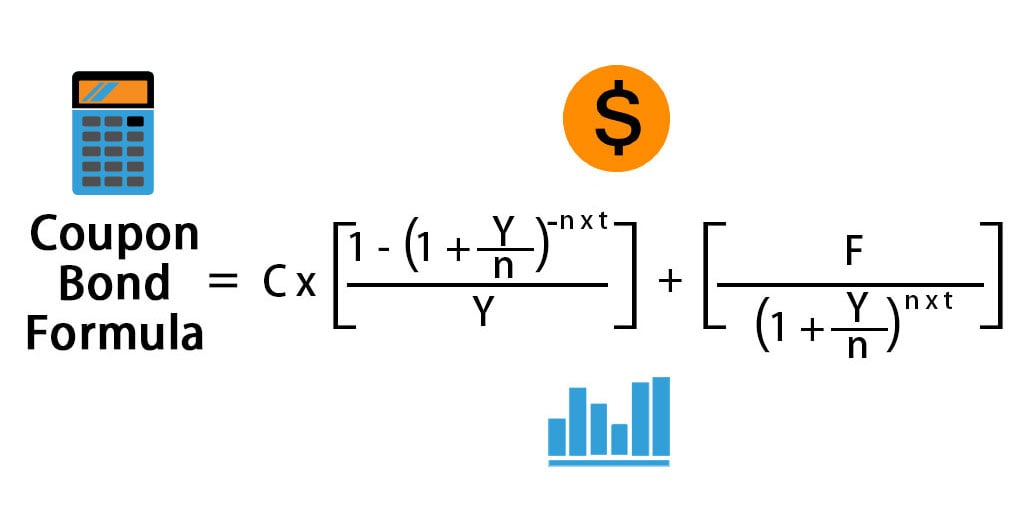

![Zero-Coupon Bond: Formula and Calculator [Excel Template]](https://wsp-blog-images.s3.amazonaws.com/uploads/2022/01/28183250/Zero-Coupon-Bonds-Formula.jpg)


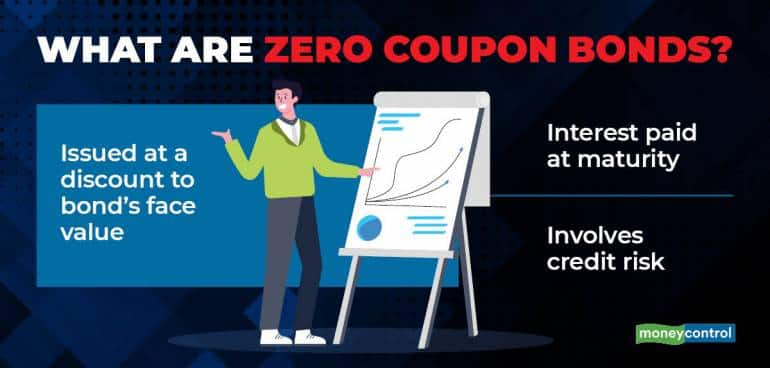

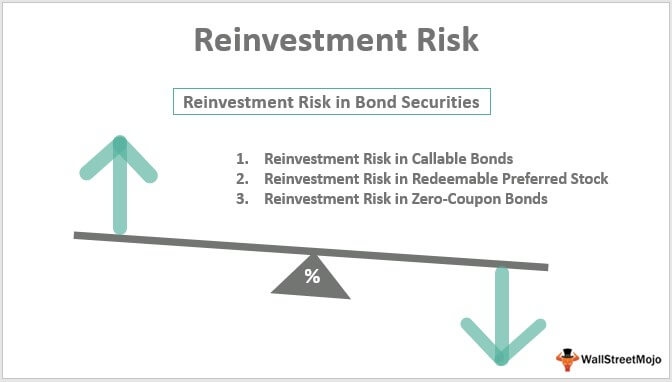





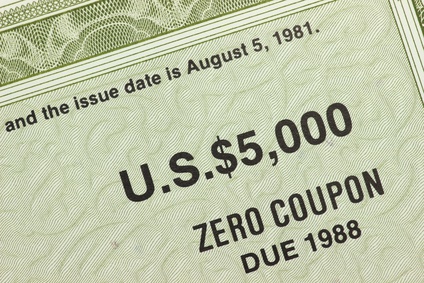



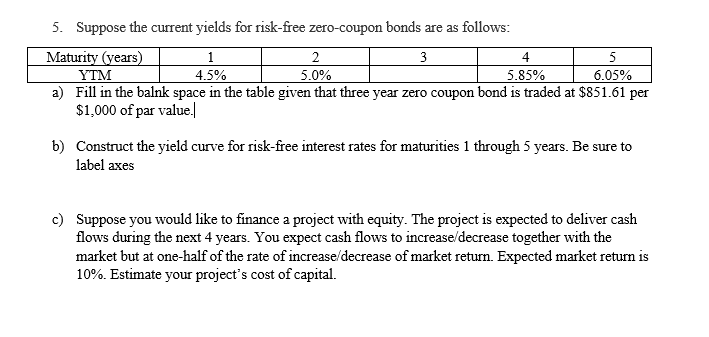

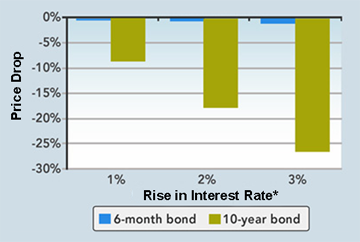





![Zero-Coupon Bond: Formula and Calculator [Excel Template]](https://wsp-blog-images.s3.amazonaws.com/uploads/2022/01/08135541/Zero-Coupon-Bond-Calculator.jpg)

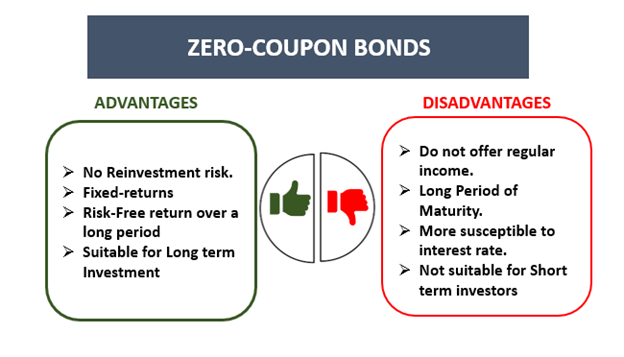
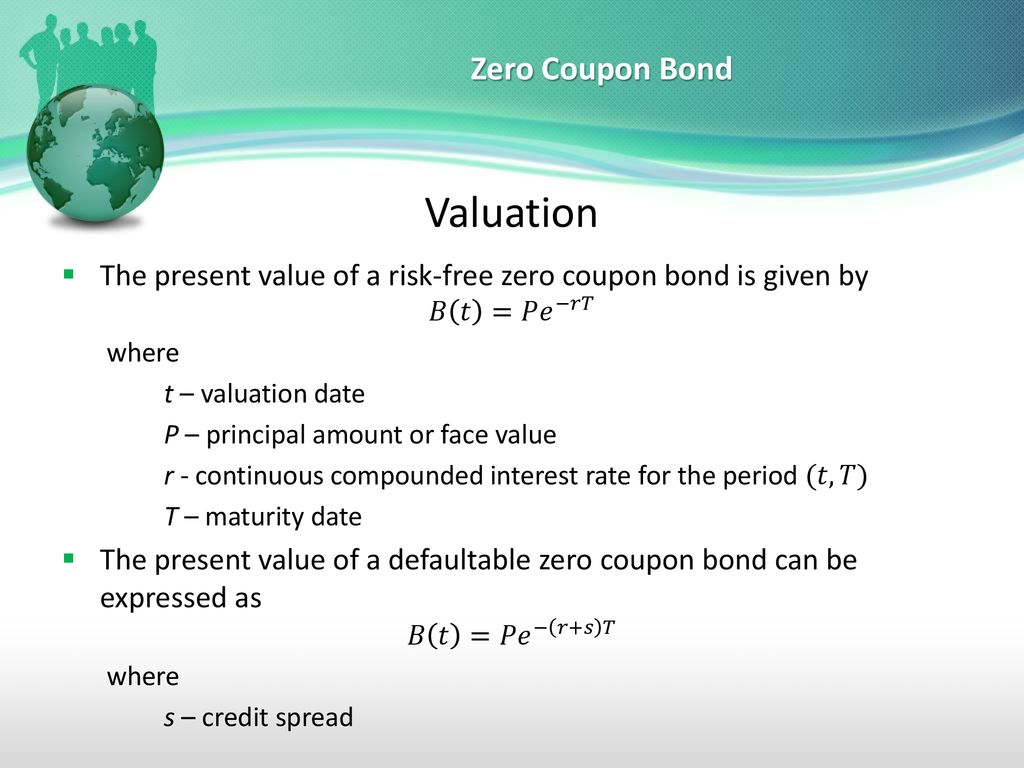




Post a Comment for "44 zero coupon bonds risk"